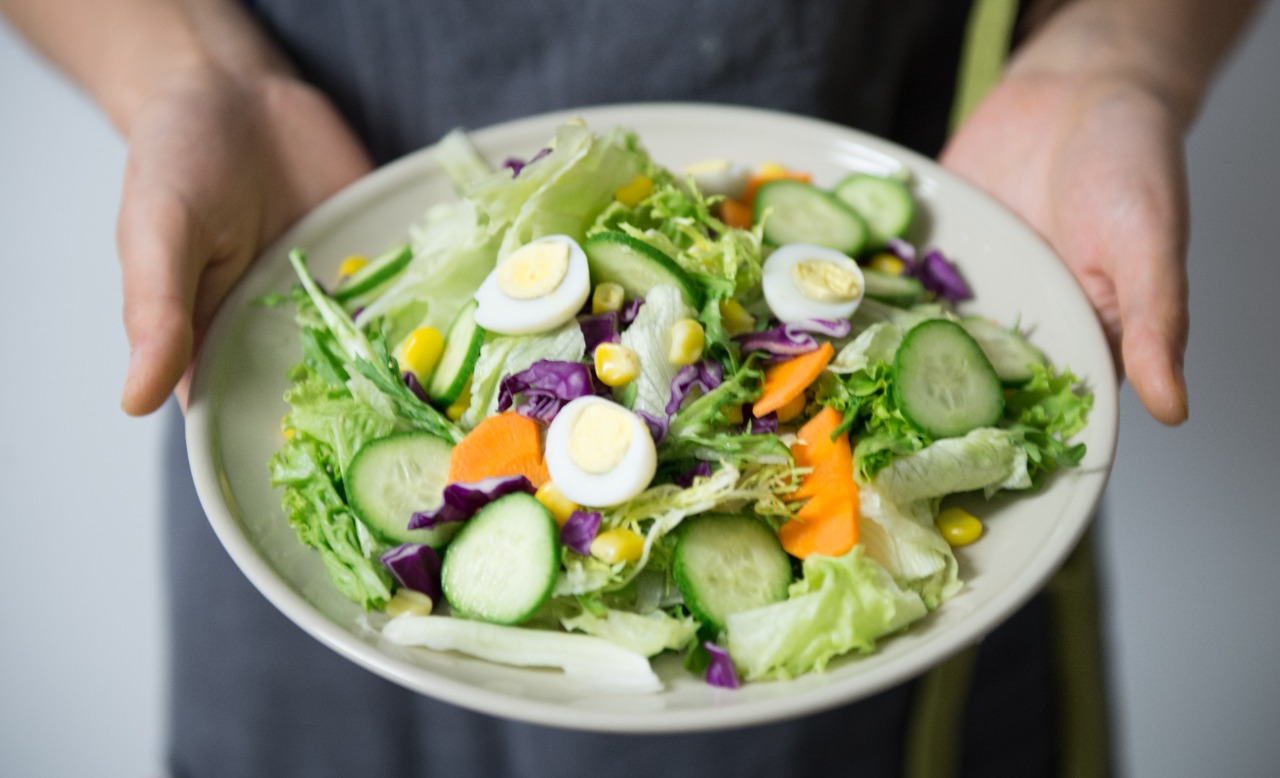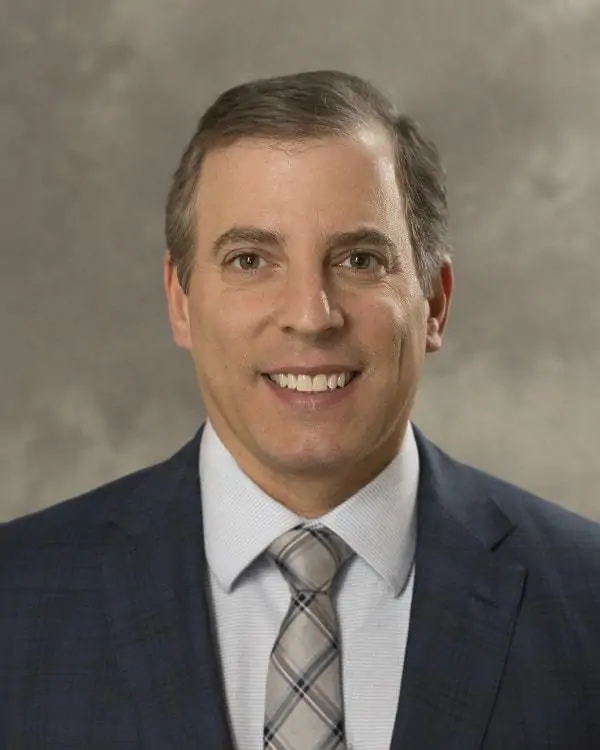Noticing a piece of food stuck in your teeth can be embarrassing, but it can also be uncomfortable. Even though it’s normal for food to get wedged between teeth on occasion, it’s a whole other story when this happens time and time again in the same spot. These areas are known as food traps, and they can collect food each and every time you chew. It’s important to see your dentist in Lyndhurst if you recognize this happening as it could be a sign of a bigger problem.
How Are Food Traps Formed?
Food traps can develop due to any number of issues, but a lot of food traps are caused by some other type of dental problem. The most common causes of food traps are:
- Gaps Between Teeth
There should be small gaps, also called loose contact, between teeth. This allows them to sit and function properly. However, when gaps become too large, they create the ideal space for food to get lodged. Gaps can occur naturally and even people with once super-straight teeth can start to notice gaps over time. Additionally, dental fillings can change the natural contact between teeth and may cause a food trap.
- Chipped Tooth
Our teeth naturally have crevices where food and bacteria can get stuck, but if there’s a broken or chipped tooth, you may notice food getting stuck in the same spot over and over again. You may also experience this if you lose a dental filling or older dental restoration.
- Gum Disease
One of the more serious causes of food traps is gum disease. Gum disease will cause pockets to form in the gum tissue and provide a great hiding spot for food particles. But what’s worse is that untreated gum disease can lead to a bunch of other health concerns such as tooth loss and an increased risk of heart disease. Treatment can be successful when gum disease is caught in the early stages, but later forms of the disease are irreversible. This is one reason why you should get seen by your dentist in Lyndhurst if you have a food trap.
Problems Cause By Food Traps
Food traps that aren’t fixed can continue to cause long-term problems such as:
- Cavities
- Bad Breath
- Gum Disease
While food traps can certainly be annoying, they can also be dangerous. It’s important to tell your dentist in Lyndhurst if you’re experiencing repeated problems of food getting stuck in your teeth so they can take a closer look at what may be going on and recommend the best treatment for you. Additionally, it’s always important to brush and floss your teeth every day to remove any food particles that may have built up in the teeth throughout the day.


